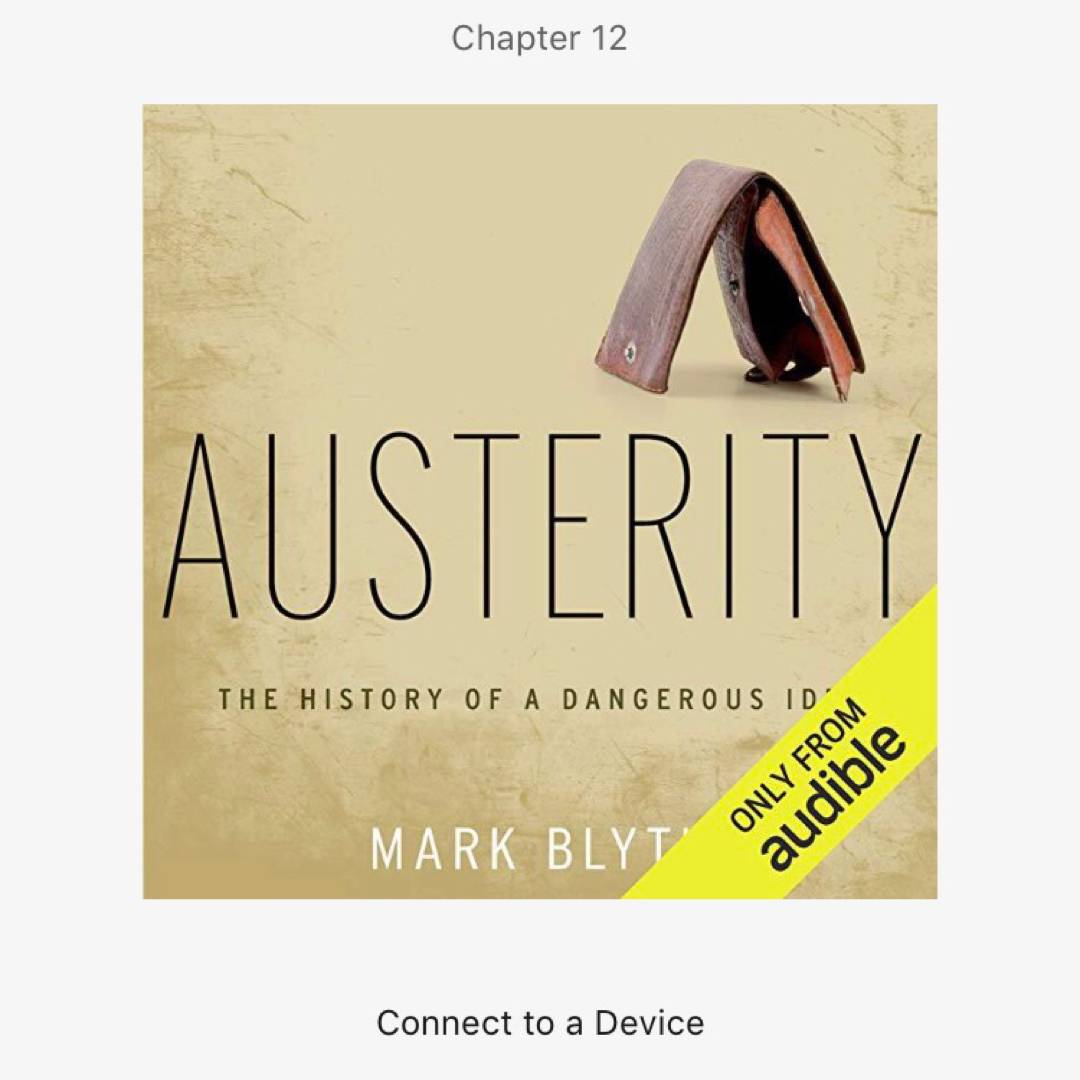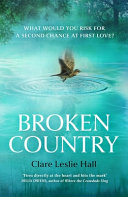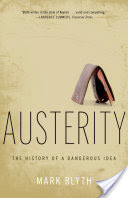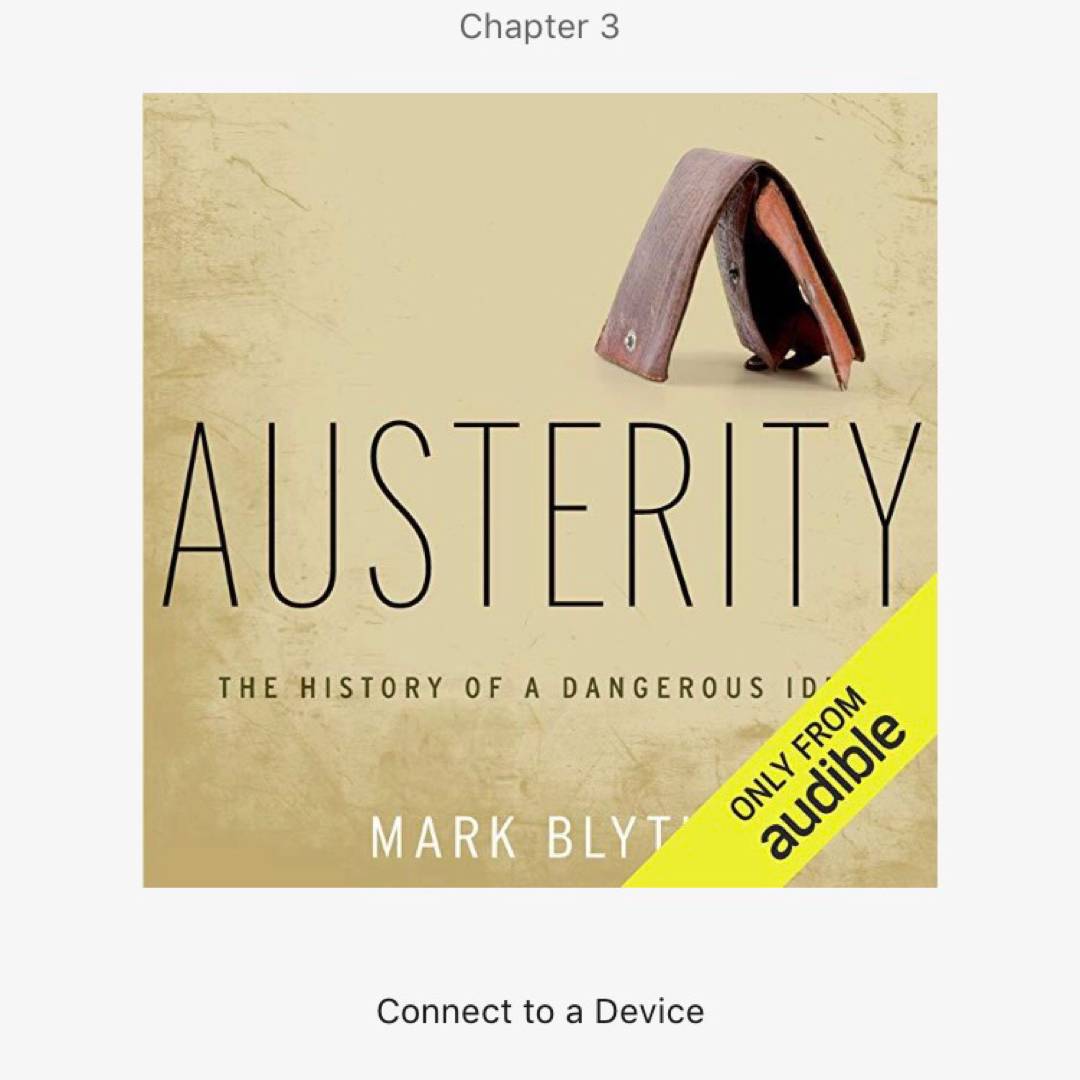
This was probably a really good book but I‘m still working on understanding economics. I‘ve never studied maths or science since I was 16, and I just don‘t get some of it. I had to get my boyfriend to explain quite a lot of bits to me. It‘s hard to admit I don‘t understand it cause I really want to be able to get this more scientific side of politics and the world today. I‘ll keep trying with economics



















